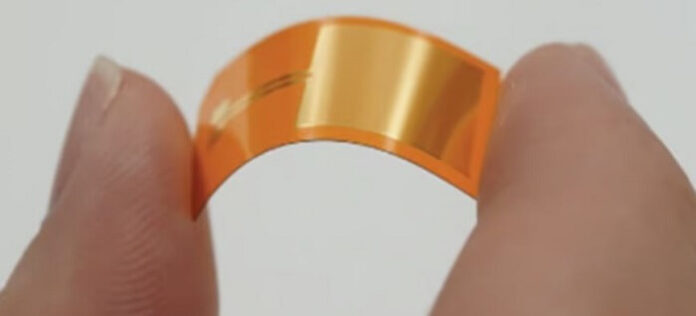A new experimental electric bandage may help doctors combat bacterial infections without the need for antibiotics, according to a recent study. Researchers found that a low-level electric current applied through a specialized skin patch reduced Staphylococcus epidermidis, a common skin bacterium, by nearly 10 times.
“This breakthrough offers promising possibilities for drug-free infection control, especially valuable for skin infections and wound care where antibiotic-resistant bacteria pose a significant risk,” said co-senior researcher Bozhi Tian, a University of Chicago chemistry professor.
As reported by medicinenet, the study explored how electricity might target bacteria like S. epidermidis, a skin bacterium that can lead to serious infections if it enters the body, particularly through medical procedures. Due to antibiotic resistance, three strains of S. epidermidis no longer respond to any current antibiotics, creating an urgent need for alternative treatments.
Under ideal conditions with a weak 1.5-volt electric current and mildly acidic pH levels (similar to healthy skin), the electric bandage successfully stopped 99% of bacterial growth. To recreate this environment, researchers developed the Bioelectronic Localized Antimicrobial Stimulation Therapy (BLAST) patch, which uses electrodes and a gel to maintain the necessary acidity.
During an 18-hour test on pork skin, the BLAST patch achieved nearly 10 times the reduction in S. epidermidis levels compared to untreated samples, showing similar success on bacteria-contaminated catheters. The research team hopes to continue studying the patch’s safety and efficacy, with the aim of creating electric bandages that prevent infections drug-free.
























